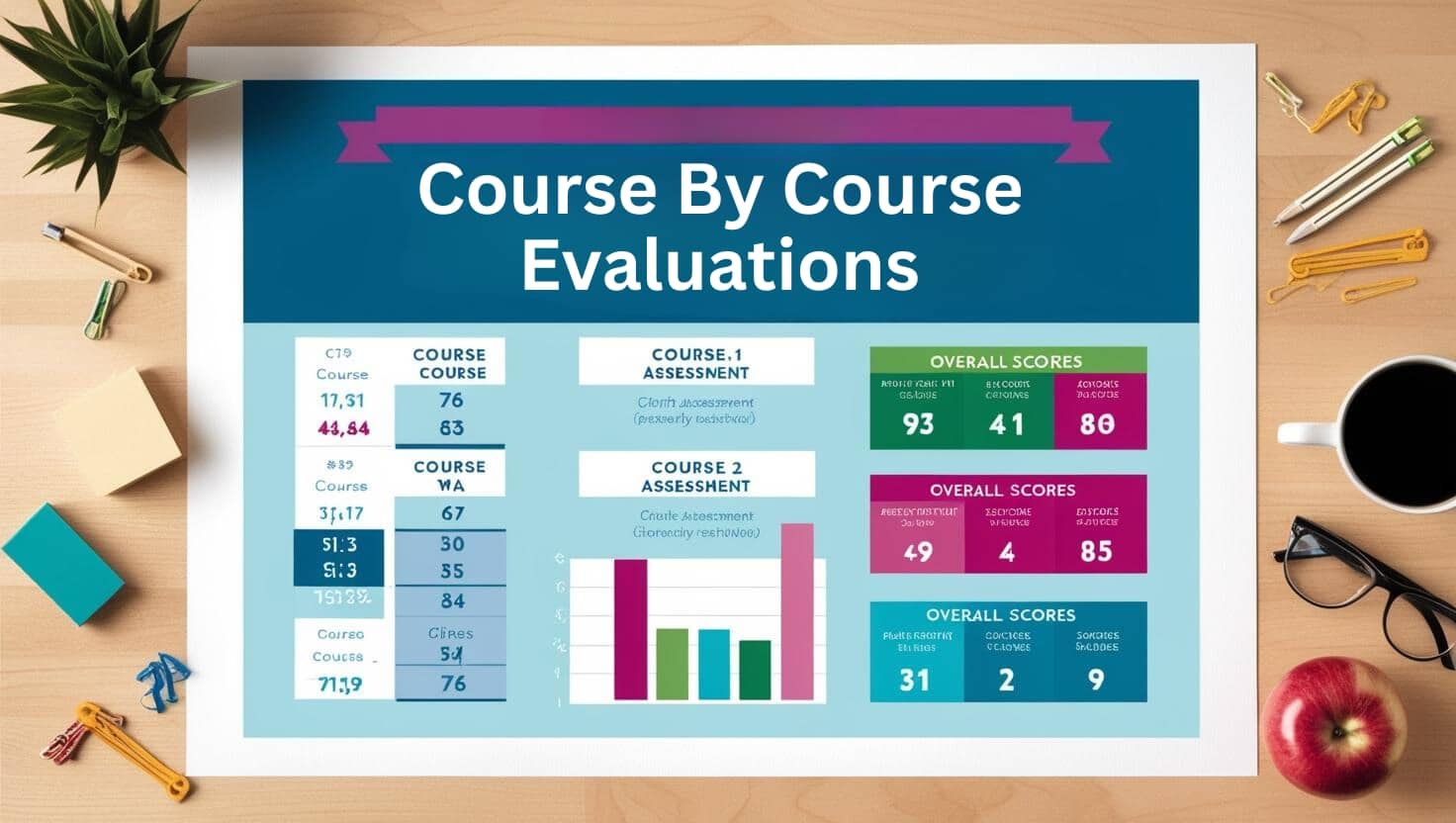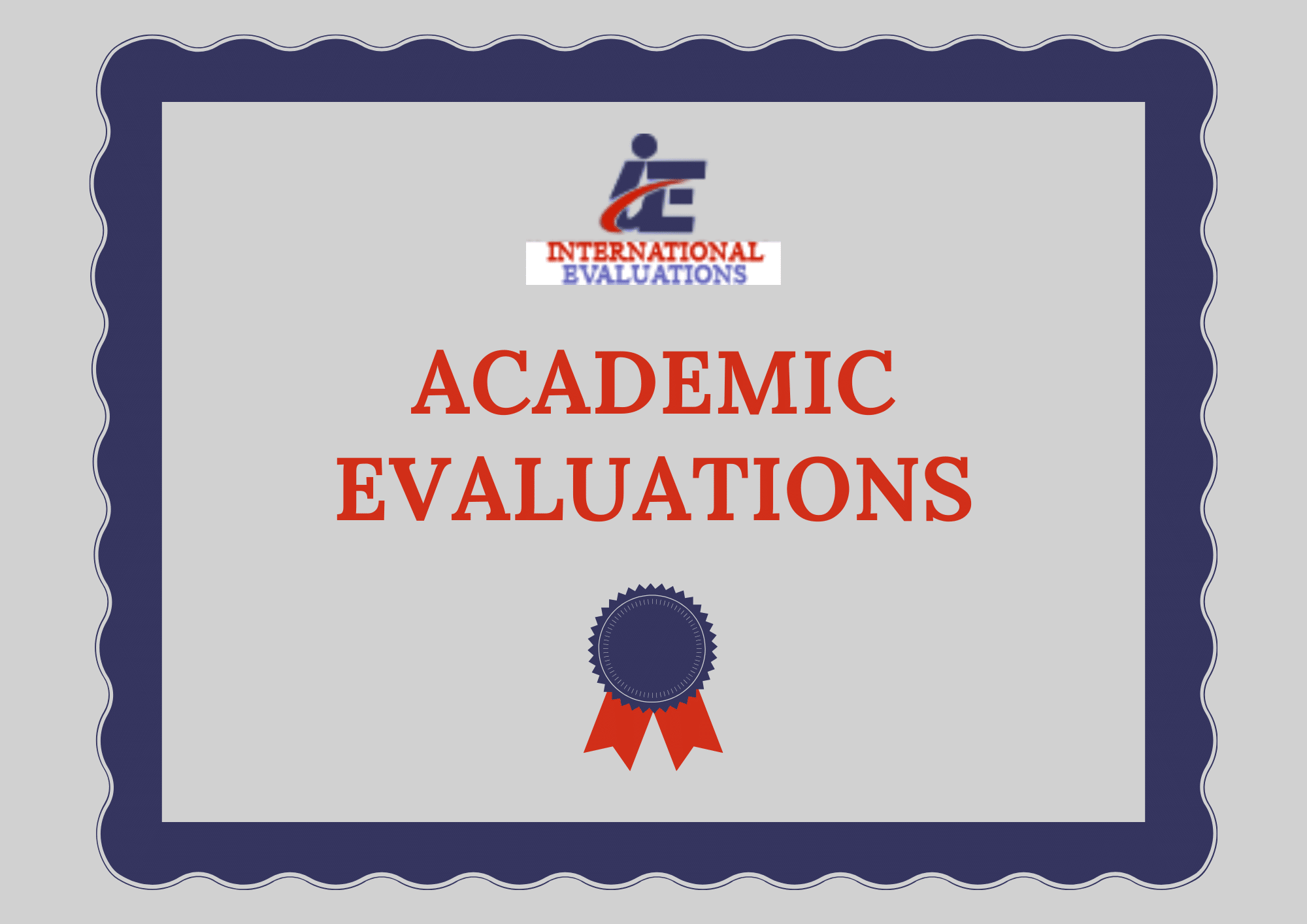Introduction
In today's competitive task market, the transition from class discovering to real-world https://sergioazre330.mystrikingly.com/ application is more crucial than ever. Students and experts alike are looking for methods to translate their work experiences into academic credits. This post explores the intricate procedure of evaluating work experience for education credit, underlining its significance in individual and professional development.
As we delve into this subject, we will go over numerous aspects of academic credential examination, worldwide credential evaluation services, course-by-course credential assessment, and how they relate to work experience assessment. Furthermore, we'll explore skilled viewpoint letters and business plan examinations as part of this diverse journey.
From Class to Career: Examining Work Experience for Education Credit
The bridge between classroom education and profession success frequently involves recognizing the value of useful experience. Numerous students collect significant work experience throughout internships or part-time jobs that might not be officially recognized by educational institutions. But how can one guarantee that these experiences count toward their academic credentials?
Why Examine Work Experience?
Evaluating work experience is necessary for numerous reasons:
Recognition of Skills: It validates the abilities acquired through hands-on experiences. Enhanced Employability: Companies significantly seek candidates with useful knowledge along with formal education. Personal Growth: Acknowledgment of previous experiences boosts confidence and encourages lifelong learning.Types of Credential Evaluation
Understanding the various types of credential evaluations available can assist individuals navigate this process effectively.
Academic Credential Evaluation
Academic credential evaluation examines foreign educational qualifications against developed standards in another nation. This process is important for international trainees or employees intending to prove their instructional background.
International Credential Assessment Services
These services focus on analyzing foreign qualifications and identifying their equivalency in the host country's educational system. They provide reports that detail the level and kind of education received abroad.

Course-by-Course Credential Evaluation
This in-depth analysis breaks down each course taken throughout a degree program, offering insights into grades made and credit hours finished. It's especially beneficial for students looking to move credits between institutions.
Work Experience Evaluation
Work experience assessment acts as an approach to officially evaluate non-academic abilities gained through employment or volunteer activities. Here's how it works:
Documentation: People must gather documentation such as job descriptions, efficiency evaluations, and any relevant certifications. Comparative Analysis: The critic compares this information versus developed instructional competencies. Outcome: The outcome may lead to academic credits granted based on demonstrated knowledge and skills.The Role of Professional Viewpoint Letters
A specialist viewpoint letter can reinforce your case when looking for credit for work experience. These letters typically come from market experts who can vouch for your abilities and contributions in a specific field.

What Ought to a Specialist Viewpoint Letter Include?
- A summary of your function in the organization Specific skills you developed How your experiences connect to scholastic outcomes
Having a specialist endorse your abilities not just lends credibility but also improves your general portfolio when obtaining sophisticated research studies or positions.
Business Plan Assessment as a Learning Tool
Creating a business strategy can be an outstanding method to showcase your understanding of theoretical ideas used in real-world situations. A comprehensive evaluation of a company plan might highlight competencies such as tactical thinking, financial preparation, and market analysis.
FAQs
1. What types of work experiences receive academic credit?
Typically, work experiences that directly associate with your discipline or show transferable abilities are eligible for scholastic credit.
2. How do I discover worldwide credential examination services?
You can browse online directory sites or consult with educational institutions that often have partnerships with reliable credential evaluators.
3. Is there a cost related to acquiring an expert viewpoint letter?
Yes, many specialists charge for their time invested writing these letters; nevertheless, some may provide them pro bono depending on the situation.

4. Can I get credit for unsettled internships?
Absolutely! Unpaid internships typically provide vital experience and can be assessed similarly to paid positions.
5. For how long does the credential evaluation process take?
The timeline differs based on the service used however typically ranges from a couple of weeks to numerous months.
6. Exist specific files needed for course-by-course evaluations?
Yes, you will require transcripts from all post-secondary organizations went to, together with comprehensive course descriptions when possible.
Conclusion
Transitioning from classroom knowledge to career preparedness requires acknowledging the value of practical work experiences in education credit examinations. As we have actually checked out in "From Class to Career: Examining Work Experience for Education Credit," both students and specialists stand to acquire significantly by leveraging their real-world experiences towards their scholastic goals.
By using different forms of assessments-- be it through academic credential examinations or skilled opinion letters-- people can boost their certifications while promoting lifelong learning principles that adhere carefully to today's vibrant labor force demands.
In summary, welcoming both theoretical understanding from class together with experiential knowing acquired through expert engagements produces well-rounded candidates all set to take on the obstacles ahead in their careers.